COURSE OVERVIEW
HE0781 : Food Additives & Packaging Materials
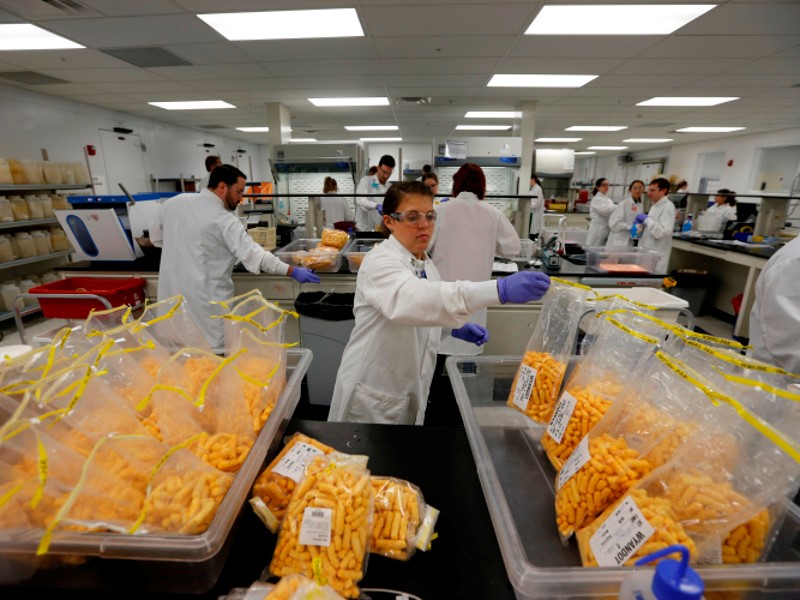
OVERVIEW
| COURSE TITLE | : | HE0781 : Food Additives & Packaging Materials |
| COURSE DATE | : | Sep 14 - Sep 18 2025 |
| DURATION | : | 5 Days |
| INSTRUCTOR | : | Dr. Hala Hashim |
| VENUE | : | Al Khobar, KSA |
| COURSE FEE | : | $ 5500 |
Course Description
Food additive regulation is an area of prominence since the beginning of U.S. Food safety laws over 100 years ago. Although the U.S. Pure Food and Drugs Act of 1906 did not provide for premarket approval of these ingredients it did acknowledge concerns for chemicals in food and established the beginnings of FDA’s regulation of food colors.
The regulation of food additives globally has been led for many decades by the three most robust and distinct safety assessment programs currently in place as well as their predecessor organizations. This “big three” include the Joint FAO/WHO Expert Committee on Food Additives (JECFA), the European Union Scientific Committee on Food; more recently the European Food Safety Authority (EFSA) and the United States Food and Drug Administration (FDA).
When consumers think of food additives, they usually think of chemicals directly added to food, like preservatives, food colorings and flavorings, and sugar substitutes. However, the term “food additive” is legally defined to cover any substances which may become components of food. The term “food contact substances” (FCS) is used in the U.S. to include components of packaging materials, and materials used in the processing, handling, and storage of food.
The purpose of this course is to broaden the participants’ understanding of the rules and regulations governing the use of food additives and food packaging materials globally. The course covers the food preservation; the active and intelligent packaging technologies; the good manufacturing practices for food contact packaging producers; the food additives principles; the requirements for food contact packaging material compliance; the regulation of printing inks on food contact packaging materials; the food safety foundation; the food safety management; the preliminary procedures of HACCP; the development of HACCP-based procedures; monitoring HACCP procedures; evaluating HACCP procedures; and food sanitation.
TRAINING METHODOLOGY
This interactive training course includes the following training methodologies:
LecturesPractical Workshops & Work Presentations
Hands-on Practical Exercises & Case Studies
Simulators (Hardware & Software) & Videos
In an unlikely event, the course instructor may modify the above training methodology for technical reasons.
VIRTUAL TRAINING (IF APPLICABLE)
If this course is delivered online as a Virtual Training, the following limitations will be applicable:
| Certificates | : | Only soft copy certificates will be issued |
| Training Materials | : | Only soft copy materials will be issued |
| Training Methodology | : | 80% theory, 20% practical |
| Training Program | : | 4 hours per day, from 09:30 to 13:30 |
RELATED COURSES
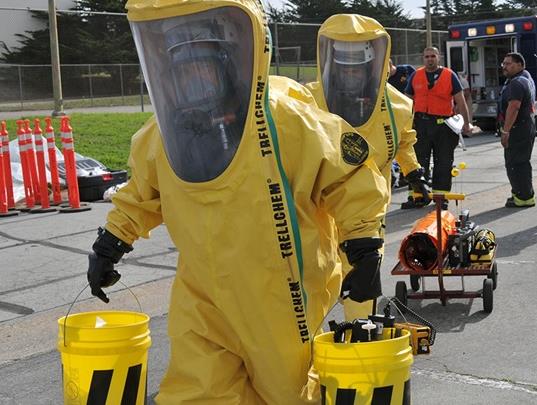
HE0581-3D : Certified Radiation Protection Officer (RPO) In-line with the Requirements of the Federal Authority for Nuclear Regulation (FANR)
- Date: Mar 02 - Mar 04 / 3 Days
- Location: Dubai, UAE
- Course Details Register
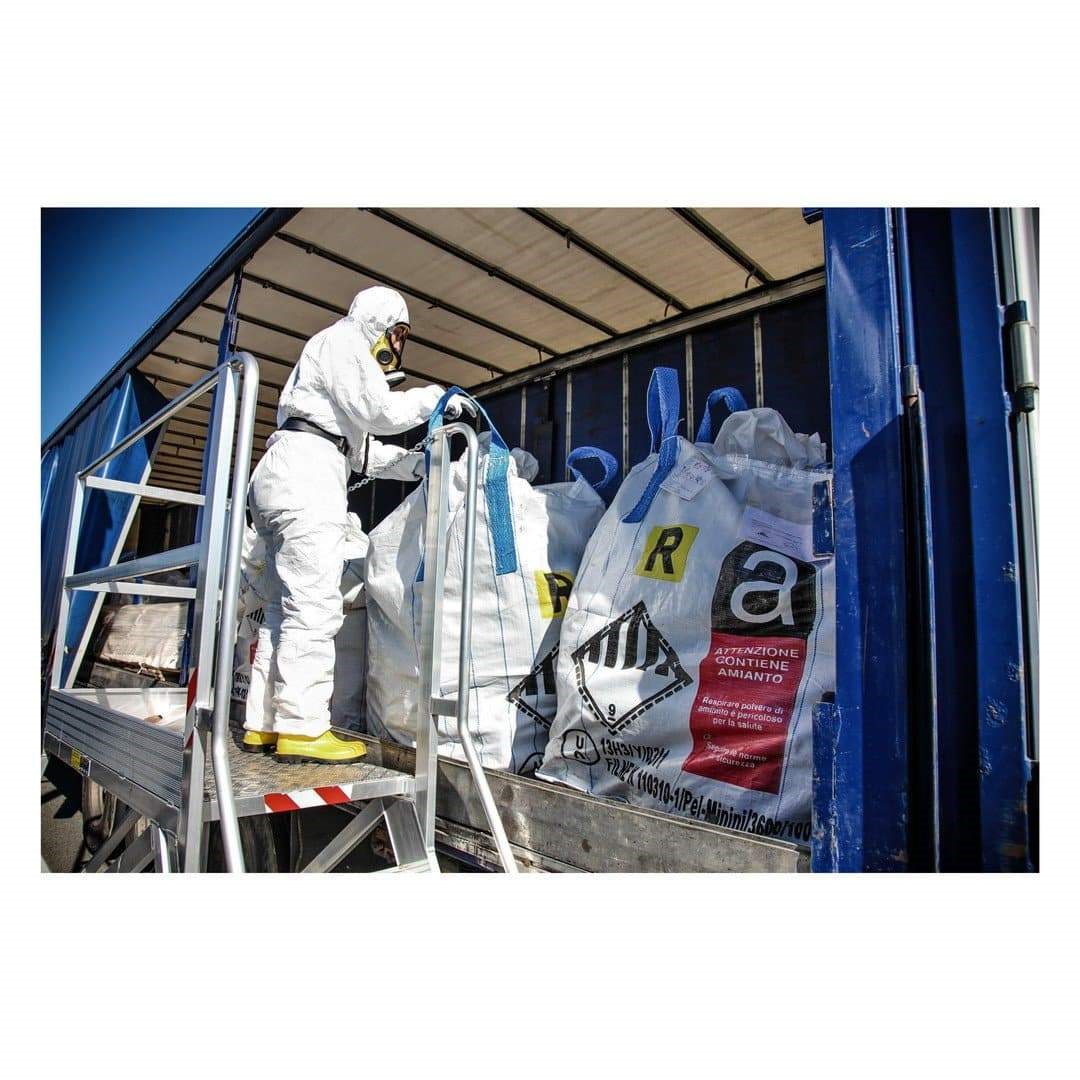
HE1939 : Industrial Hygiene Certification Program: BOHS-M504: Asbestos and Other Fibres (Accredited by the British Occupational Hygiene Society-BOHS)
- Date: Mar 29 - Apr 02 / 3 Days
- Location: Dubai, UAE
- Course Details Register
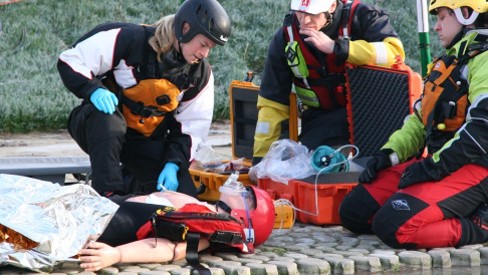
HE0970 : الإسعافات الأولية
- Date: Mar 29 - Apr 02 / 3 Days
- Location: Kuwait
- Course Details Register
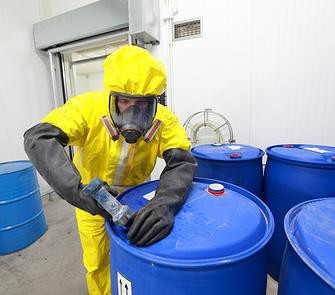
HE0904 : Basic Principles of Industrial Hygiene (Certified)
- Date: Mar 29 - Apr 02 / 3 Days
- Location: Al Khobar, KSA
- Course Details Register
